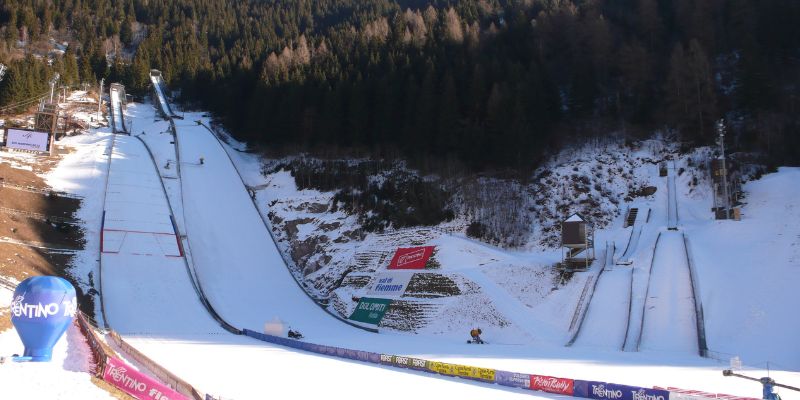- Lions
- WRWC
- Women Rugby World Cup
- Women Rugby World Cup Group Stage
- Women Rugby World Cup Quarter Final
- Women Rugby World Cup Semi Final
- Women Rugby World Cup Final
- USA Women Rugby World Cup
- Ireland Women Rugby World Cup
- Wales Women Rugby World Cup
- South Africa Women Rugby World Cup
- England Women Rugby World Cup
- Canada Women Rugby World Cup
- Japan Women Rugby World Cup
- Scotland Women Rugby World Cup
- Fiji Women Rugby World Cup
- Spain Women Rugby World Cup
- New Zealand Women Rugby World Cup
- France Women Rugby World Cup
- Samoa Women Rugby World Cup
- Brazil Women Rugby World Cup
- Italy Women Rugby World Cup
- Australia Women Rugby World Cup
- FIFA World Cup
- Olympic
- Winter Olympic
- Winter Olympic Opening Ceremony
- Olympic Short Track Speed Skating
- Olympic Snowboarding
- Olympic Alpine Skiing
- Olympic Cross Country Skiing
- Olympic Freestyle Skiing
- Olympic Nordic Combined
- Olympic Ski Jumping
- Olympic Ski Mountaineering
- Olympic Bobsleigh
- Olympic Figure Skating
- Olympic Luge
- Olympic Skeleton
- Olympic Speed Skating
- Olympic Biathlon
- Olympic Curling
- Olympic Ice Hockey
- Winter Olympic Closing Ceremony
- Tennis
- Boxing
- Golf
- Cricket
- Football
- Conference League Final
- Champions League Final
- Carabao Cup Final
- Europa League Final
- Sidemen Charity Match
- FIFA Club World Cup
- Group A FIFA Club World Cup
- Group B FIFA Club World Cup
- Group C FIFA Club World Cup
- Group D FIFA Club World Cup
- Group E FIFA Club World Cup
- Group F FIFA Club World Cup
- Group G FIFA Club World Cup
- Group H FIFA Club World Cup
- FIFA Club World Cup Round of 16
- FIFA Club World Cup Quarter Finals
- FIFA Club World Cup Semi Finals
- FIFA Club World Cup Final
- Rugby
- Festivals
- Events
Olympic Ski Jumping Tickets
W Individual LH Final | OSJP05 Winter Olympics - Milano Cortina 2026 Sun 15 Feb 2026 18:45 Predazzo Ski Jumping Stadium, Predazzo/Tesero, Italy
 +44 (0) 207-1937-097
+44 (0) 207-1937-097
 +1 (347) 379-1927
+1 (347) 379-1927

Located in Val di Fiemme, Italy, the Predazzo Ski Jumping Stadium boasts a spectator capacity of 15,000. This ski jumping complex operates year-round, hosting training sessions and competitions. The facility spans an area of 3000sqm and consists of two main ski jumps for international competitions, training jumps and various equipped spaces for athletes, judges, federations and the media.
